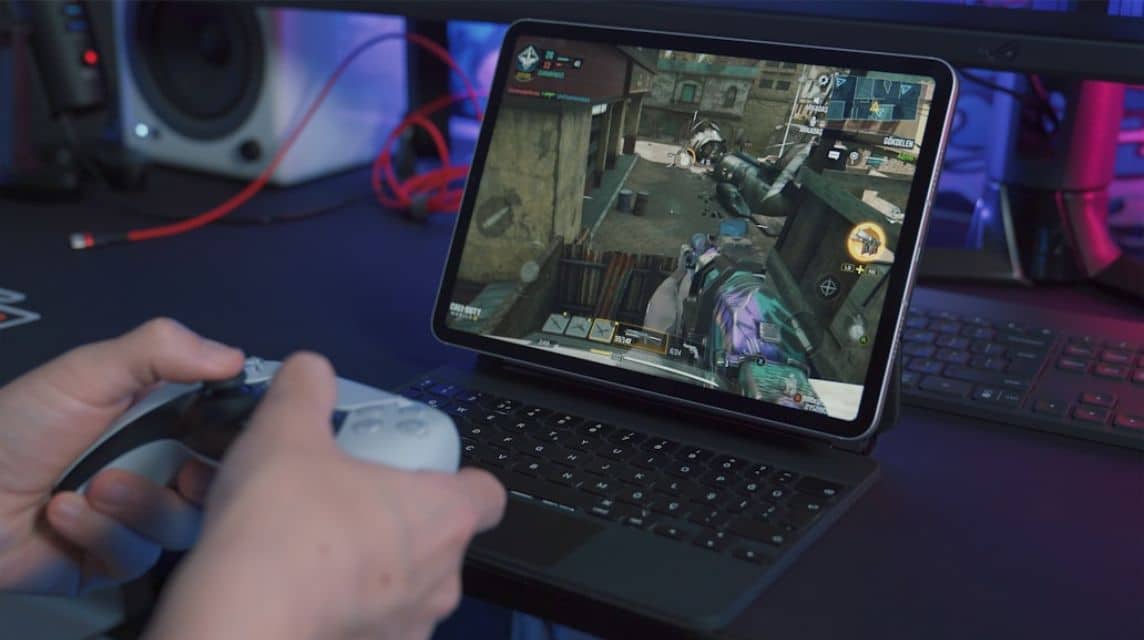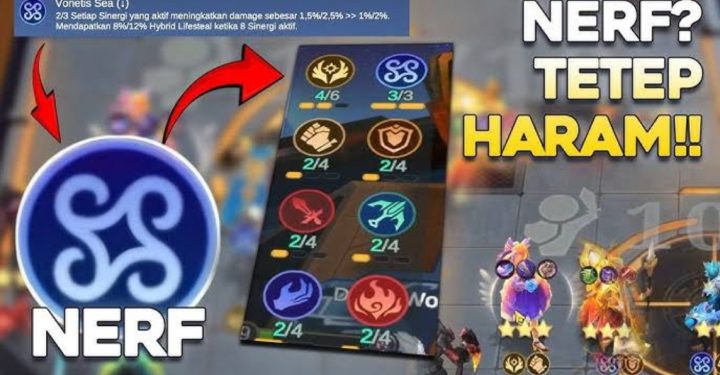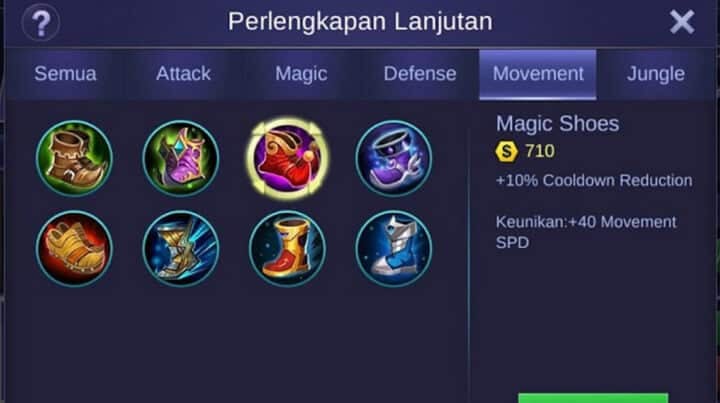Best Cyber Security Practices for Online Gamers
With the evolution of digital entertainment, online games have evolved from a mere recreational activity to a comprehensive platform that combines economic systems, social interactions, and digital asset management. Currently, blockchain technology and decentralization have been widely applied in the gaming world, where many in-game items and currencies can be exchanged for real money, making the virtual battlefield an extension of real interests. Facing this change, if players still adhere to the traditional view that only focuses on gameplay and power development, but ignores the importance of cybersecurity, then they are unknowingly putting themselves at risk.
In the gaming world Web3 Software, players not only need to manage characters and items, but also need to protect their digital assets well. The key to all of this is choosing a secure and trusted Web3 wallet. Such a wallet is not just a means of storing currency crypto, but also a digital proof of player identity. The wallet enables interaction with various decentralized applications (dApps) in the game, and is used for signing transactions, login authentication, and asset management.
Also read:
The Importance of Account Security and Password Management
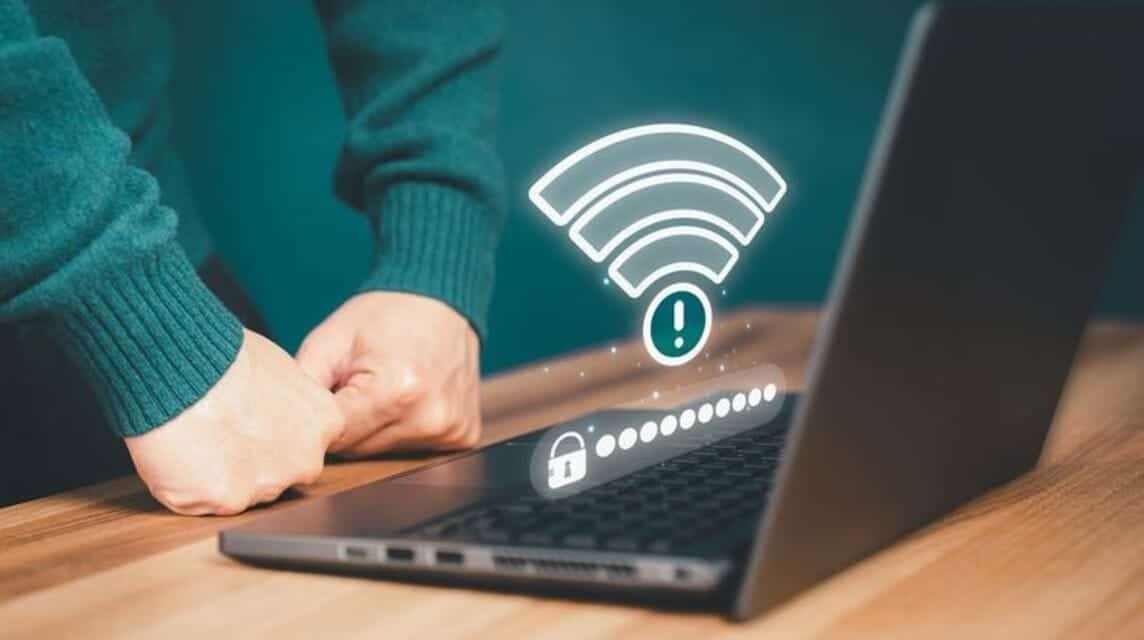
For most gamers, the most common cybersecurity threat is account hacking. This can happen due to weak passwords, using the same password in multiple places, using public WiFi , or logging into suspicious sites. Many experienced gamers have multiple accounts and have invested a lot of resources in in-game characters or items. If an account is hacked, all of those years of hard work can be lost. Even more worrying, many gaming platforms link accounts to credit cards or digital payment methods, so if a hacker gains full access, financial losses can occur.
Therefore, password management and the use of two-factor authentication are very important. It is recommended that players use a password manager to create unique and complex password combinations, and enable two-factor authentication such as Google Authenticator or a physical security key, as an additional security measure.
Social Media Fraud Threats and Traps

In addition to technical attacks, hackers often use psychological manipulation to gain players’ trust—known as social fraud. They can impersonate in-game friends, teammates, customer service staff, or even game developers. Under the guise of offering gifts, inviting them to play games, or requesting bug reports, they’ll ask for login information or get victims to click on malicious links. These tactics are evolving, and platforms like Discord , Telegram , and X (formerly Twitter) are often fertile ground for fraud.
In such situations, players should be highly security conscious and always be suspicious of any information requests. If necessary, cross-verify with the official platform. Never reveal private keys, recovery phrases, or important login information to anyone without verification.
Additional Protection: Advanced Encryption and Cold Wallets
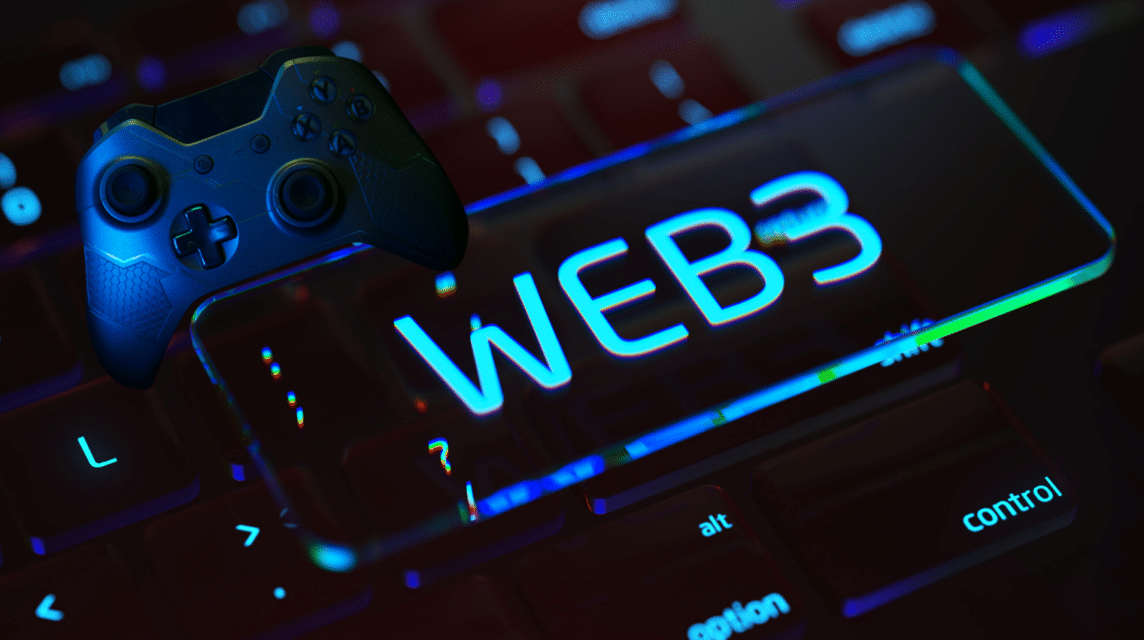
In blockchain-based games, the hackers’ goal is very clear: gain access to wallets and private keys. Many hackers create fake wallet websites or browser extensions to trick players into entering their recovery phrases. Once successful, the hackers can immediately drain the crypto assets in the account. Some also insert malware in free cheat programs or cracked versions of games, which appear to be tools but actually steal user data. These types of attacks are usually very stealthy and fast, and by the time players realize it, it’s too late.
To combat these threats, players should choose an advanced Web3 wallet that supports double signatures, cold wallets, and physical authentication. With a multi-layered authentication mechanism, each transaction requires additional confirmation, so even if hackers get their login information, they still can’t move assets. Cold wallets that are stored offline also greatly enhance security, as assets remain safe even if the computer device is hacked. From a technical standpoint, it’s like building an invisible fortress for your digital assets.
DDoS Attack Risk Management and Platform Security
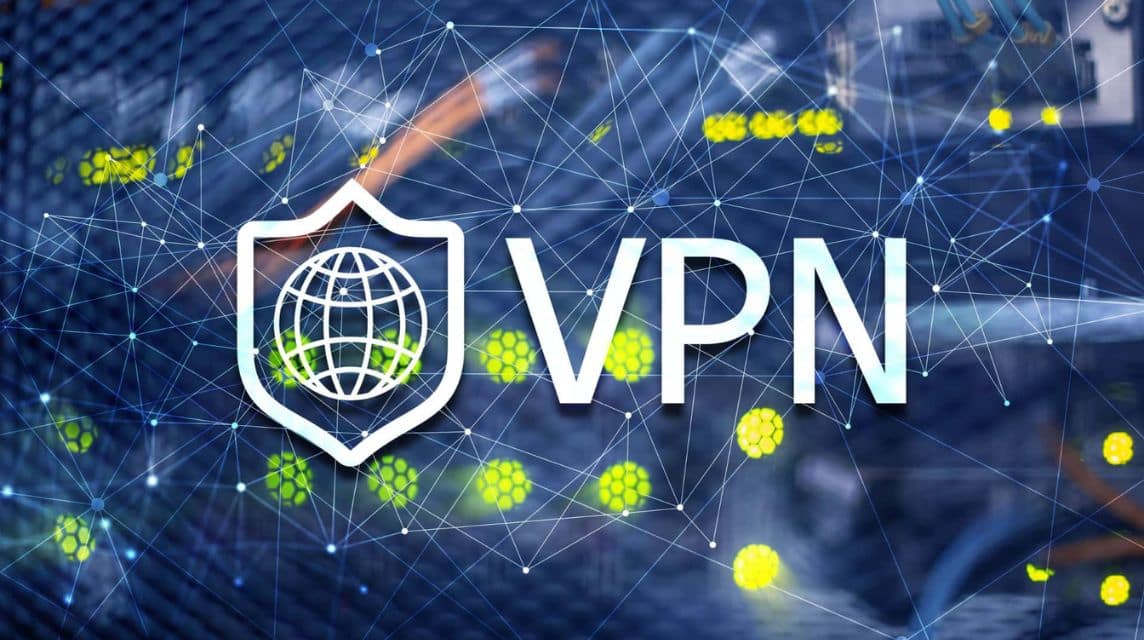
Another threat to watch out for is Distributed Denial of Service (DDoS) attacks. These attacks do not target individual players, but instead directly attack the game’s server or platform, causing many users to be unable to log in or experience severe lag. In competitive gaming, esports tournaments, or live broadcasts, DDoS attacks can ruin game results, reduce viewership, and even damage a brand’s reputation. While players can’t stop these types of attacks, choosing a gaming platform that has DDoS protection or using an encrypted connection protocol like a VPN can help mitigate the risk.
With the increasing popularity of cloud-based games and remote connections, more and more players are using connection encryption and device authentication tools to protect data security while playing. These security features not only ensure a stable connection, but also become an important part of cybersecurity management.
Also read:
Well, that's our discussion this time about cybersecurity for online games. Hopefully it's useful!

